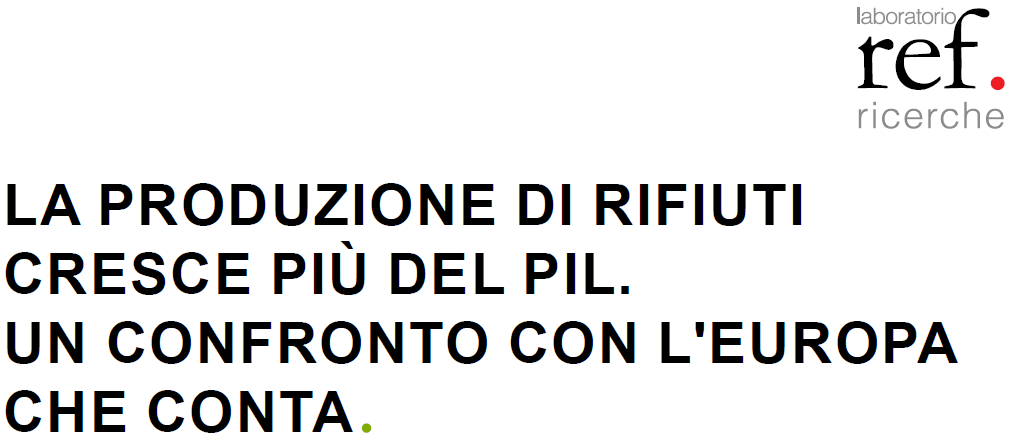REF Ricerche Laboratory position paper “Waste production grows more than GDP. A comparison with the Europe that counts”

The REF Ricerche Laboratory has published the position paper “La produzione di rifiuti cresce più del PIL. Un confronto con l’Europa che conta” (Waste production grows more than GDP. A comparison with the Europe that counts).
According to the report, considering 2020, out of a total of 174.9 million tonnes of special waste produced, those generated by economic activities reached 81.1 million tonnes: within this category, water management and waste management are the main producers (42.2 million tonnes). Over the last ten years, waste from economic activities has grown (both in absolute terms and as a percentage of total production) and the specific weight of waste generated by water and waste management has increased (both in weight and as a share of total waste from economic activities).
The comparison between Italy’s performance and the other major EU countries considered (Germany, France, Spain) highlights the failure to achieve decoupling between GDP and waste production in our country: Italy is the country where waste production has grown the most (+21.5%), despite the reduction in GDP (-8.2% over the decade).
What emerges, therefore, is a waste production by economic activities still firmly linked to the economic cycle. In the 2010-2020 decade, Italy, in fact, is the country with the highest production intensity per GDP unit, both in terms of primary waste (mainly produced by the manufacturing industry) and secondary waste (mainly sorting waste and sludge and liquid waste from waste treatment).
According to the report, action needs to be implemented in order to make management more efficient, to improve pre-recycling treatments and to complete the equipment for closing the cycle, especially in the case of energy recovery. Overall, it is clear that there is a need to start a real path to reduce the amount of waste produced “upstream”, starting from what is contained in the National Strategy for the Circular Economy, seeking to strengthen the by-product and End of Waste institutes and reinforcing industrial symbiosis experiences.
Read more at the following link.
